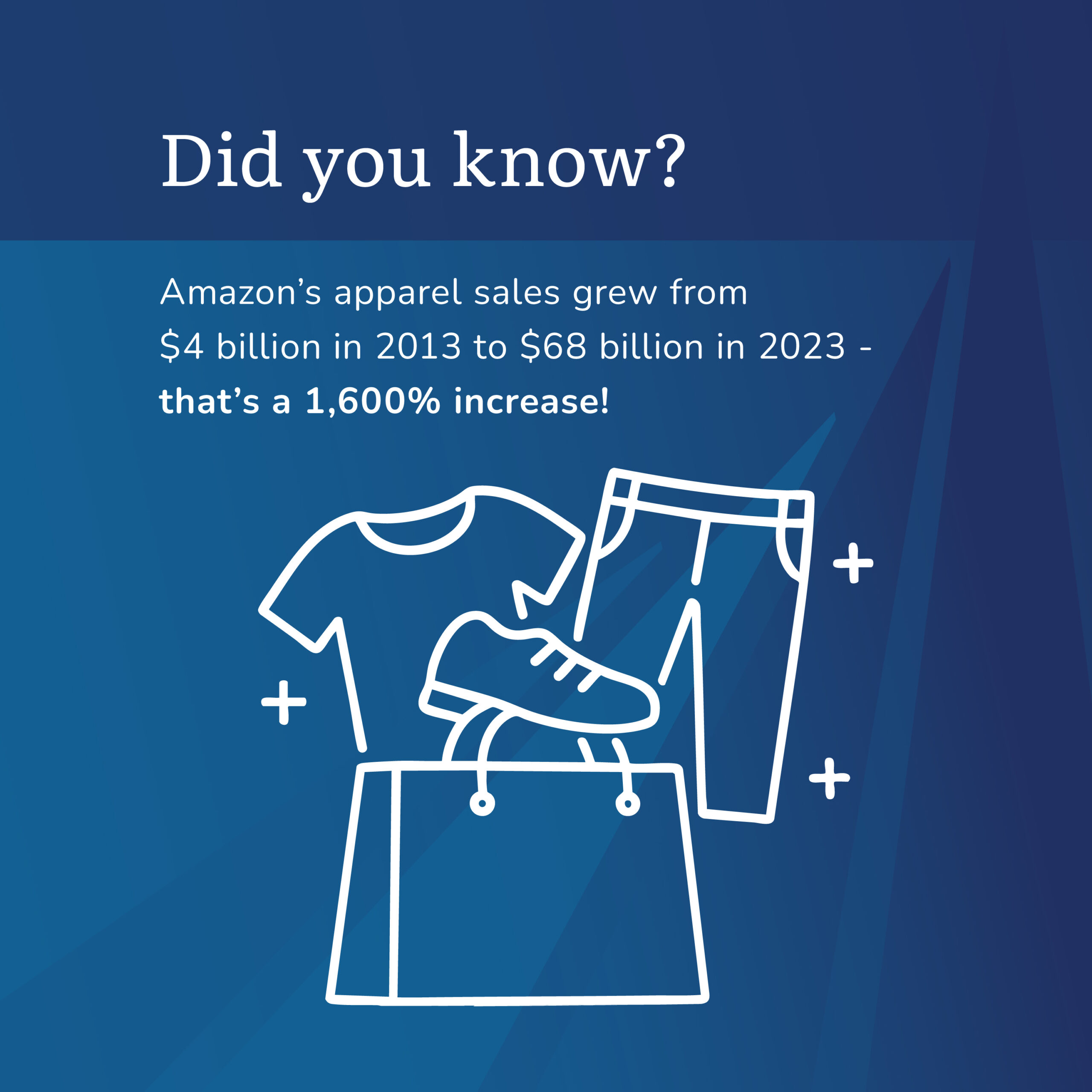What You Need to Know About Medicare: General Medicare Overview
Unforeseen healthcare costs can be most disruptive to an individual’s financial and retirement plans. But with appropriate forethought, you can reduce the risk of the financial devastation that a large healthcare bill can cause. This article discusses the steps you should take to compare Medicare plans and some of the basic plan details with which you will need to be familiar in order to make an informed decision.
Please send this article out to friends and family so that they can forward it to the people in their lives that need this information. The following will be useful to anyone who is over 60, disabled, has kidney failure, or Lou Gehrig’s disease.
General Medicare Overview
Making the right Medicare decisions at the right time can save you thousands of dollars. This, however, is no easy task owing to the complexity of the Medicare system, timelines, and an uncertain future. An enrollee should begin to research available plans four or even five months before he or she is eligible to enroll. As benefits generally do not begin until the month following enrollment, it is important to be ready to enroll as soon as you are eligible so that your benefits kick in as soon as possible. After enrollment, you should set aside time every October to review your plan and make sure it remains the appropriate plan for your specific circumstances.
Eligibility
You are first able to sign up for Medicare:
- Three months before your 65th birthday.1 Coverage should automatically begin the first day of the month in which you turn 65 years old if you are receiving Social Security, but it is important to research the available plans to ensure the default enrollment is appropriate for you. If you are delaying Social Security, you will need to sign up for Medicare and make appropriate payment arrangements.
- Three months before your 25th month of disability.2 Coverage will begin automatically on the first day of your 25th month of disability.
- If you are diagnosed with Lou Gehrig’s disease (ALS),3 you are eligible for Medicare immediately upon collecting Social Security Disability benefits.
- If you are diagnosed with end-stage renal disease4 and require dialysis, eligibility begins generally three months after a course of regular dialysis begins or after a kidney transplant.
Step-by-Step Strategy
While we are able to give you some general information, we can’t tell you which Medicare plan is right for you. The best approach for someone else may be the worst for you. To find the best plan for your circumstances, we suggest the following:
- Input your information on Medicare’s website at https://www.medicare.gov/find-a-plan/questions/home.aspx. Use this tool to find the best options for original Medicare and Medicare Advantage, as well as information on prescription drug plans.
- Go to http://www.medicare.gov/find-a-plan/questions/medigap-home.aspx to find a Medigap policy to complement the original Medicare policy you have chosen for comparison.
- Once you have chosen a Medicare Advantage plan and a Medigap policy in coordination with the original Medicare, you can compare the two options directly.
- Elect either Medicare Advantage or original Medicare with or without Medigap, and select a prescription drug plan that meets your needs.
Keep in mind that once you make a Medicare plan election, it generally cannot be changed until the next open enrollment period. Not all doctors accept Medicare, so it is important to speak with your doctors before deciding on which plan or combination of plans is appropriate for you. It is also very important to note that Medicare does not provide a nursing home benefit.5
Sources
- “When Will My Coverage Start.” www.medicare.gov, https://www.medicare.gov/sign-up-change-plans/how-do-i-get-parts-a-b/when-will-my-coverage-start#:~:text=If%20you%20sign%20up%20within,the%20first%20of%20the%20month).
- “Getting Medicare if you have a Disability.” www.medicare.gov, https://www.medicare.gov/manage-your-health/i-have-a-disability/getting-medicare-if-you-have-a-disability.
- “Getting Medicare if you have a Disability.” www.medicare.gov, https://www.medicare.gov/manage-your-health/i-have-a-disability/getting-medicare-if-you-have-a-disability.
- “Enrolling in Medicare Part A & Part B.” www.medicare.gov, www.medicare.gov/pubs/pdf/11036-Enrolling-Medicare-Part-A-Part-B.pdf.
- “What Part A & Part B Doesn’t Cover.” www.medicare.gov, www.medicare.gov/what-medicare-covers/not-covered/item-and-services-not-covered-by-part-a-and-b.html. Under “Long-Term Care”
Categories
Recent Insights
-

Smart Money Moves for Teens: The Best Financial Literacy Apps
Why Financial Literacy for Teens Matters Let’s face it—teaching teens about money can be tricky. But thanks to an ever-growing list of financial literacy apps, it’s never been easier (or more engaging) to help kids build healthy money habits. I recently spoke with two clients who’ve been using the Greenlight app to help their children…
-

Rebuilding Financial Confidence After Divorce: Managing Risk & Moving Forward
Divorce is not just an emotional transition—it’s a financial one, too. The process of separating assets, redefining financial goals, and adjusting to a new financial reality can feel overwhelming. But with the right mindset and strategies, you can regain control and build a future that aligns with your new chapter in life. Understanding Financial Risk…
-

Giving with Pride: Smart Strategies for LGBTQIA+ Donors
Understanding the Landscape of LGBTQIA+ Philanthropy LGBTQIA+ donors are uniquely positioned to drive meaningful change, but the philanthropic landscape remains complex and underfunded. Historically, LGBTQIA+ organizations have faced significant challenges in securing resources, often competing with larger, more established nonprofits for limited funding. This disparity highlights the importance of strategic giving to ensure that your…
-

How to Build Lasting Relationships that Propel Your Business and Elevate Your Community
As business leaders, our role in the community extends beyond charitable acts—it’s a strategic initiative that strengthens both our businesses and the communities we serve. Building meaningful community partnerships is not just about doing good; it’s about doing it strategically to foster deeper relationships, enhance your brand, and make a lasting difference. But where do…
-

Talk Your Chart | From Tax Trends to Firing a God Portfolio: Economic Insights | Episode 68
In Episode 68 of Talk Your Chart, Marcos and Brett dive into a jam-packed discussion of economic trends, market psychology, and long-term investing. From tax receipts and Social Security’s ticking clock to why even a ‘God’ portfolio gets fired—this one covers it all and more. Charts available for download here.
